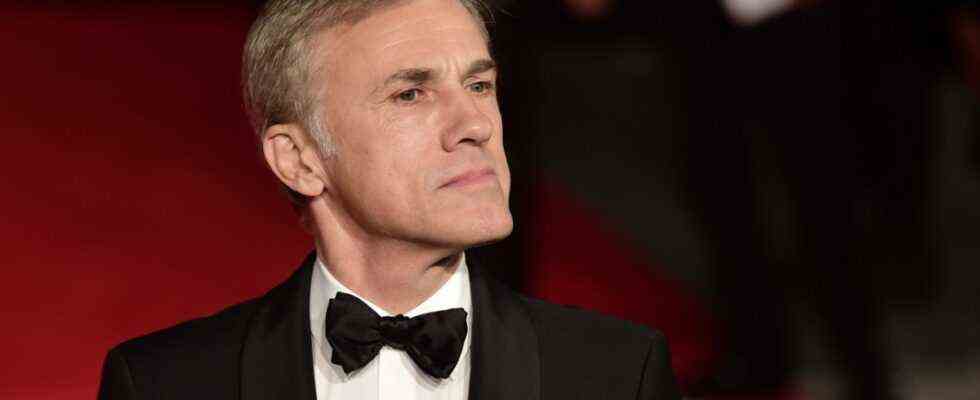Two facts about the actor Christoph Waltz have been known for a long time. Firstly, he has an appearance in the new James Bond film “No Time to Die”, albeit somewhat limited – the villain he played, Ernst Stavro Blofeld, is sitting in a British maximum security prison. Second, he will be 65 years old on October 4th. The coincidences of the pandemic have now thrown the film start and birthday together, around the current weekend, and if that’s not a double reason for an Arte-themed evening, what then?
Anyone who has ever met Christoph Waltz can, however, imagine the malicious smile that flits across his face when the idea of a Christoph Waltz themed evening comes up. Not because he’s arrogant or ungrateful. Not even because he would generally reject the confirmation in the form of an Arte themed evening. It’s just that to this day he has not found an answer to the question of how this thing with self-expression should actually work – without making yourself a complete monkey.
In any case, the very notion that this man himself would be involved in a documentary entitled “Christoph Waltz – The Charm of Evil” is absurd. The makers of this film soon had to realize that, which is why they went on a wild foray into the archives. In doing so, they really dug up everything, from the young Max-Reinhardt-Eleven’s first steps on Austrian television (oh, that wounded and vulnerable young rebel look!) To Cannes press conferences, Golden Globe and Oscar speeches to clips from a panel discussion where Waltz did reveal something about himself in front of an audience.
Tarantino despaired when Hans Landa was cast in “Inglourious Bastards” – until Christoph Waltz entered the room
It all goes wildly confused and yet it always comes back to an event from September 2008 that cut Waltz’s life into two parts as if with the samurai sword: the encounter with Quentin Tarantino. For his Nazi grotesque “Inglourious Basterds” he had invented an Austrian SS officer and “Judenjäger” named Hans Landa, who is not only a figment of evil, but also a linguistic genius. Tarantino despaired of the cast – until Waltz entered the casting room: “He said two sentences,” recalls Tarantino, “and all of a sudden we had a film.”
Waltz then took possession of this eloquent, devious and sarcastic Mephisto, endowed it with his greatest Viennese joke and set Tarantino’s dialogues to music, so to speak, in French, English, German and even Italian. He won the Actor Award in Cannes, the Golden Globe and the Oscar. Another ingenious Tarantino figure, the German-born bounty hunter Dr. King Schultz in “Django Unchained”, and another Oscar confirmed once again that none of this was a coincidence – which nobody believed any more.
Arte will not show these two films on Sunday, nor will the Bond film “Specter”, in which Waltz first appeared as the villain Blofeld, which could certainly help to understand the current Bond blockbuster in the cinemas. Instead there is “Big Eyes” by Tim Burton. Waltz plays a notorious impostor with the dream of being an artist who then finds a woman who paints pictures for him, with whom he builds an empire of kitsch and whom he completely banishes in his shadow. A true story that doesn’t sound completely absurd just because Waltz rushes forward with glowing enthusiasm in his eyes – and pulls the whole film along with him again and again.
But can or will the real Waltz explain his work? What he says about himself in the documentary is contradictory, and an off-text that chases everything through the phrase threshing machine to interpret it does the man some violence. One motive, however, appears again and again in the self-descriptions: Waltz says that he cannot play anything that is not laid out in the text of his roles – he is not interested in improvising. This explains his eternal gratitude for the Tarantino dialogues, but also explains his shrug when well-paid Hollywood roles have fizzled out in recent years: he can only work with what is offered to him.
“I don’t have a mission, I just want to be precise,” he once said. And as casual as that sounds, it becomes fundamental when you take another look at the Waltz work as a whole. Actors with a mission may go to heaven – but the exact ones, like Waltz, really go anywhere.

